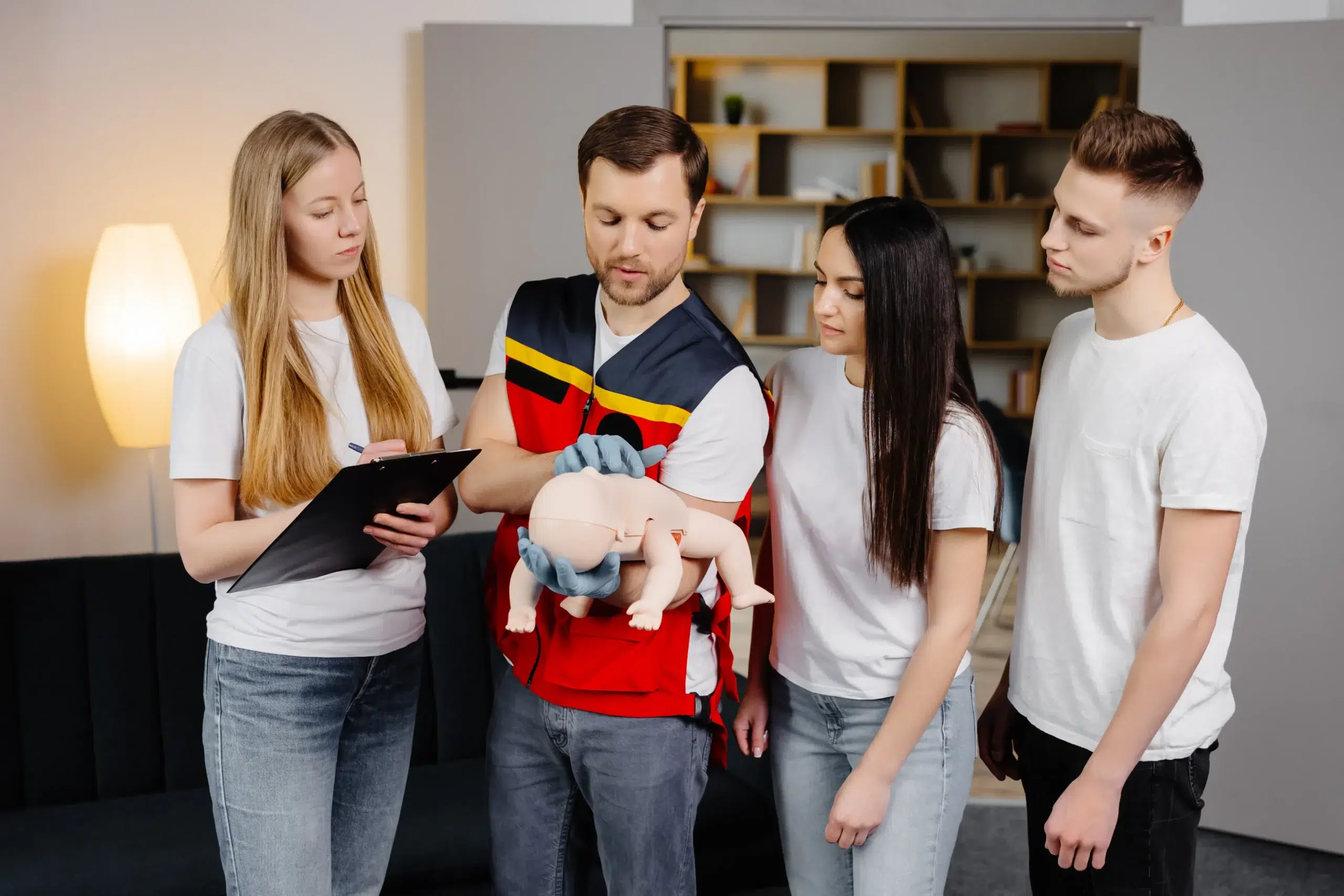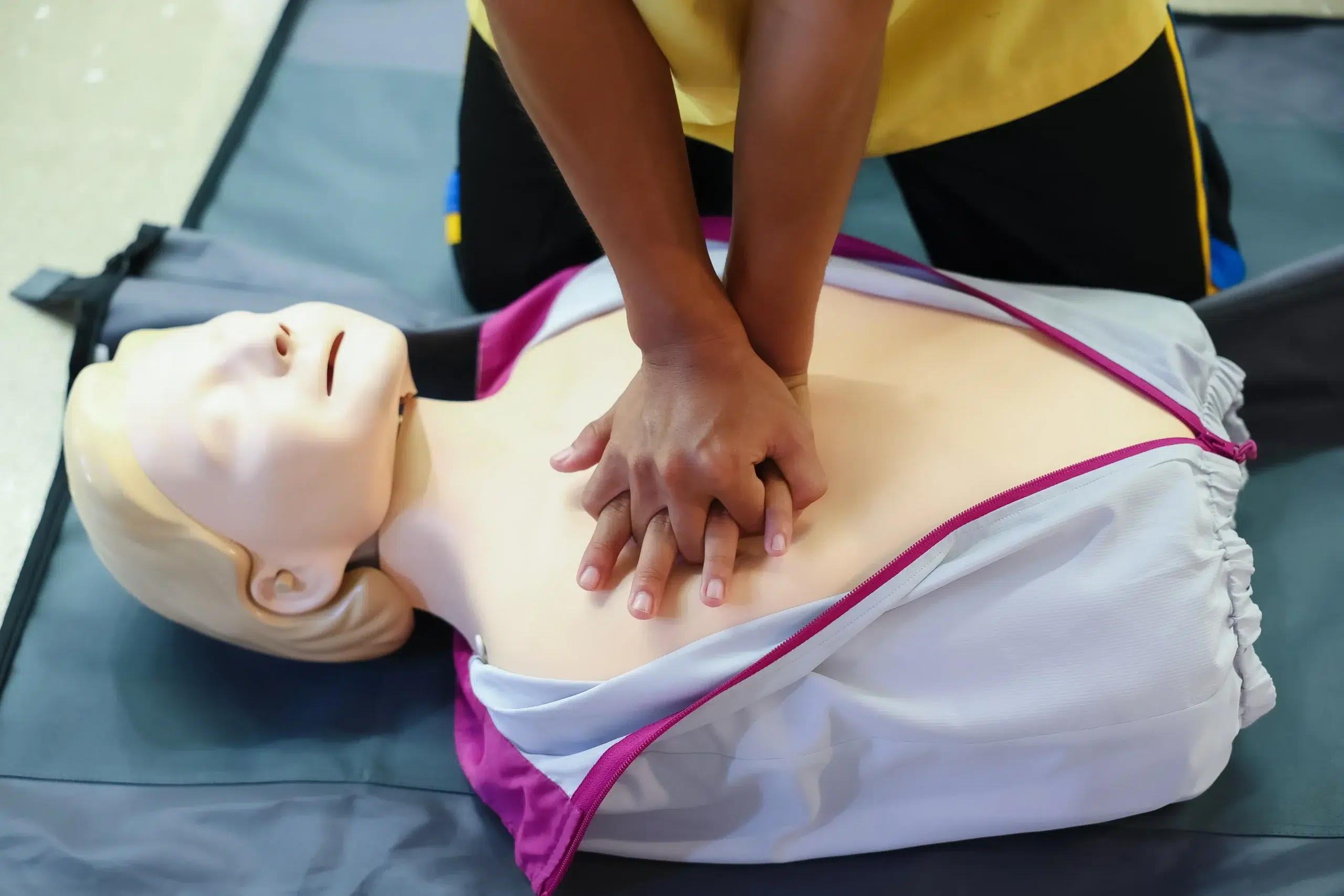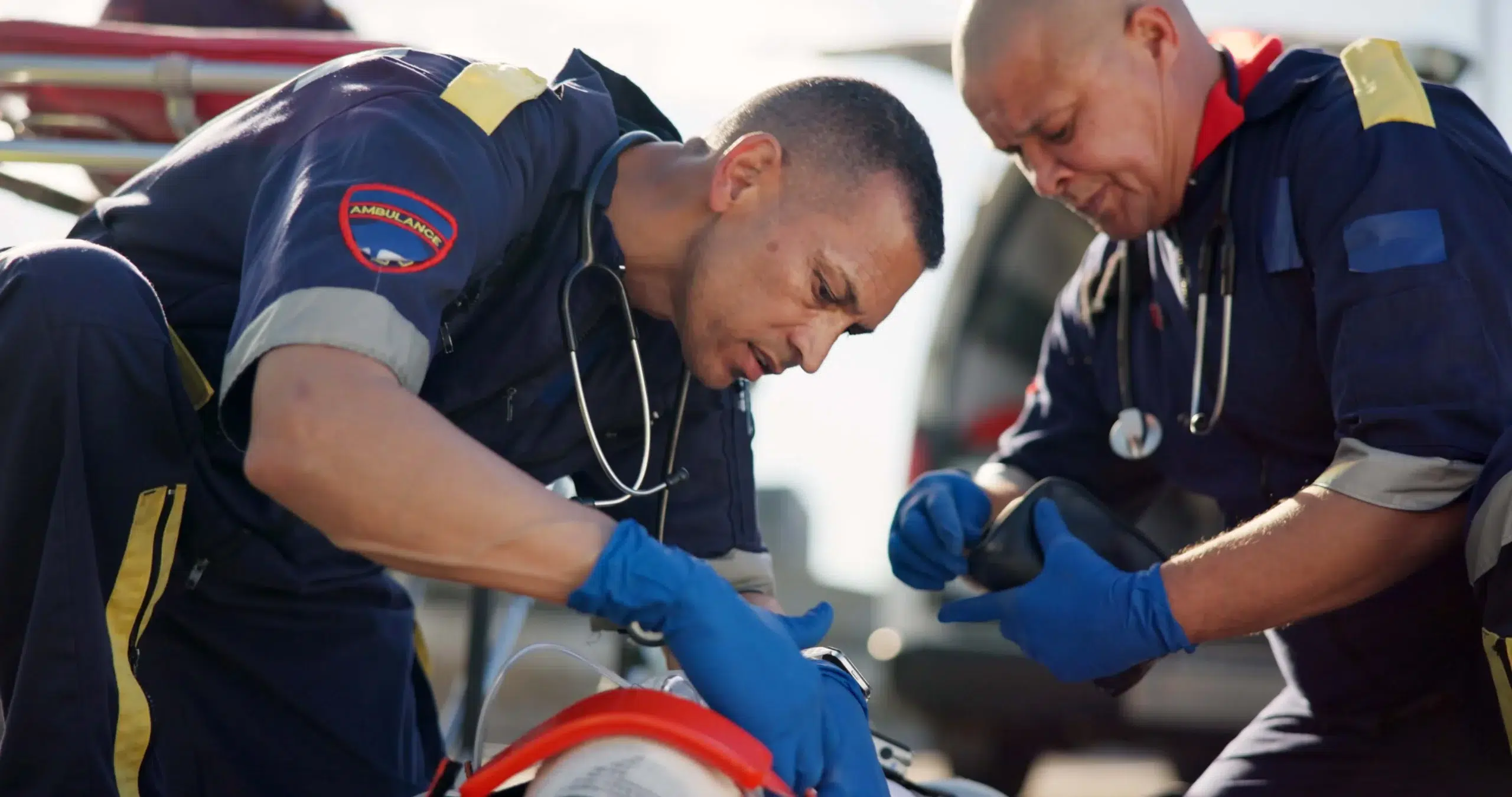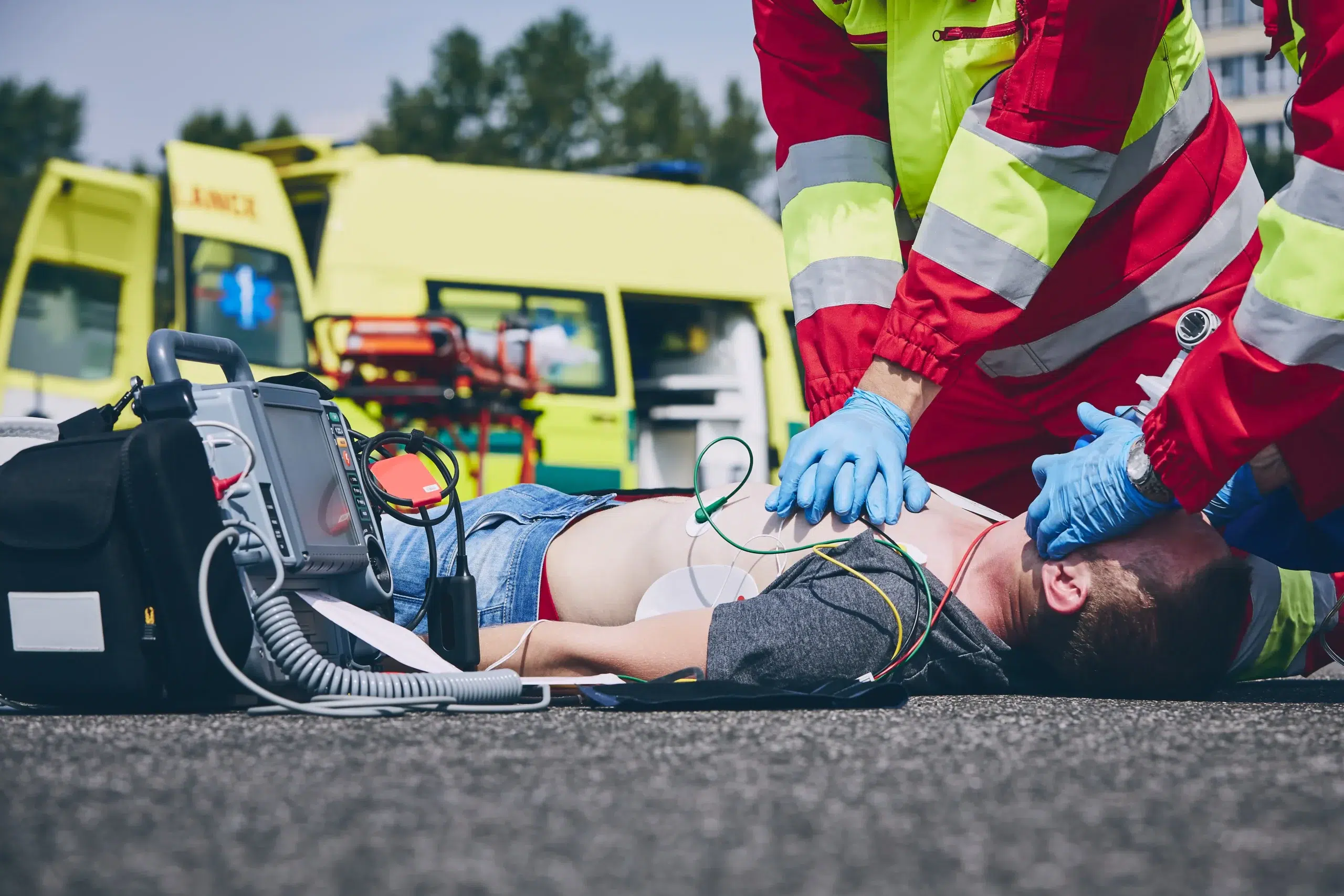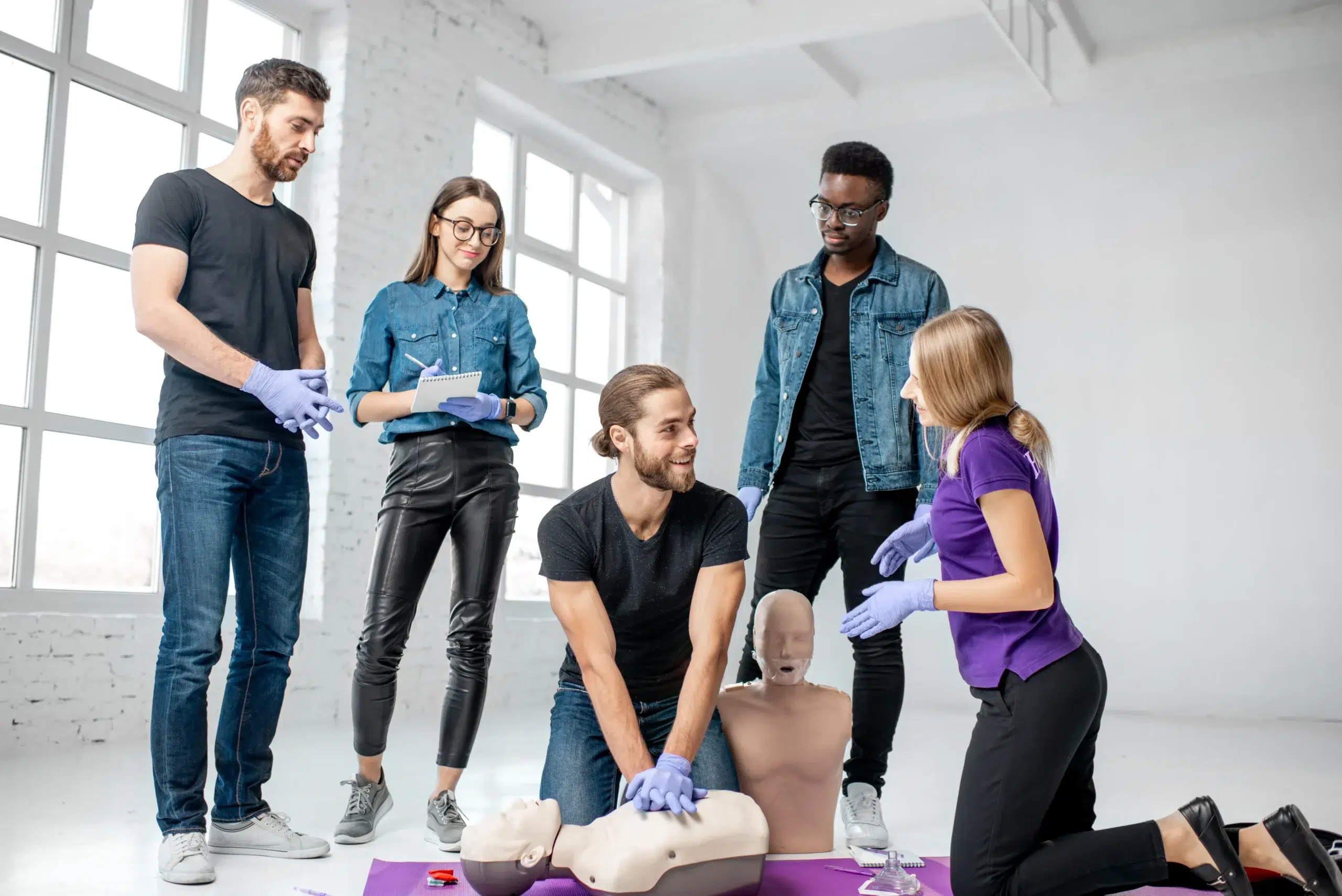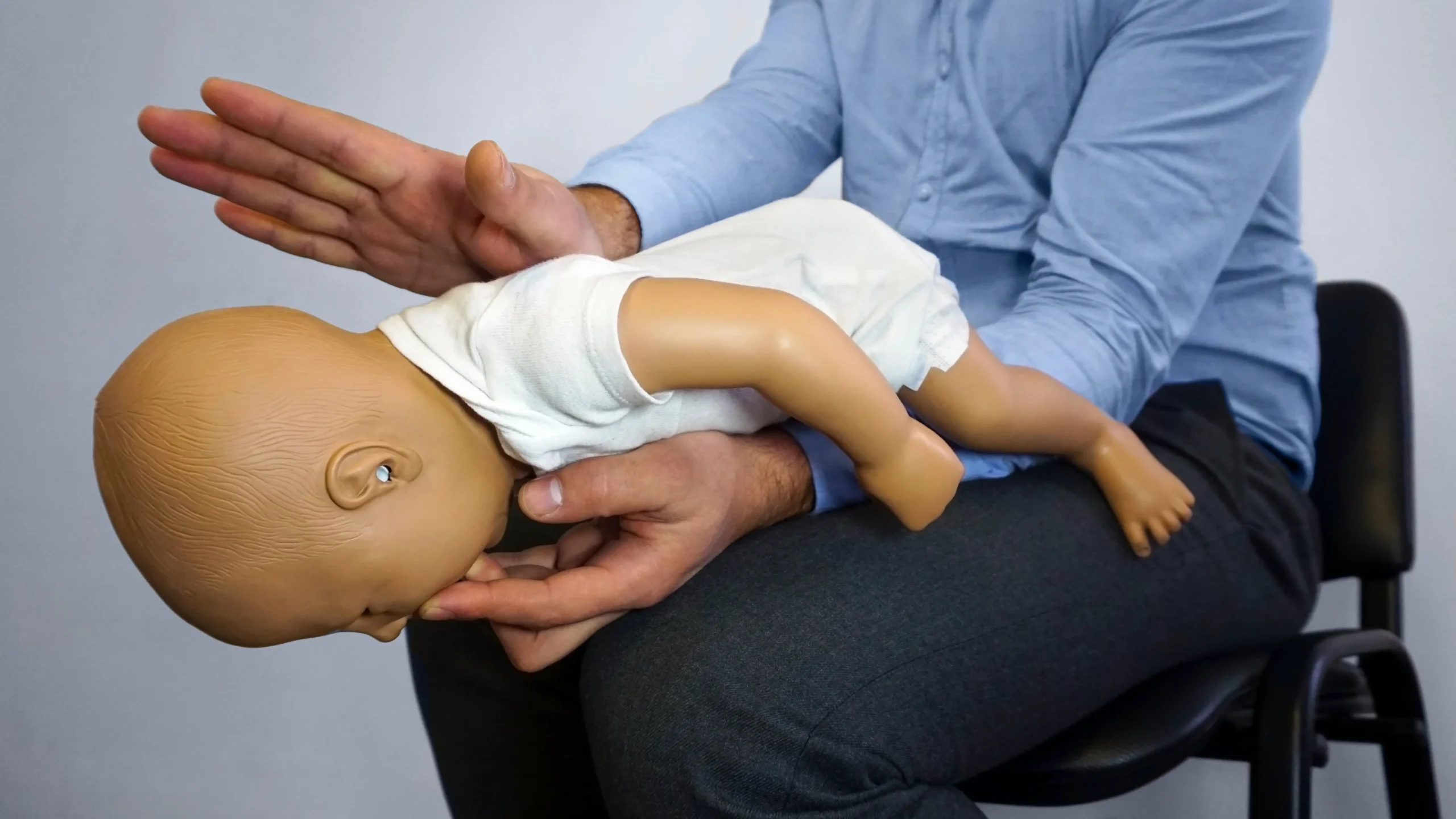Surviving CPR is a life-changing event, but the recovery process involves much more than physical healing. Psychological recovery for CPR survivors is an essential yet often overlooked component. Trauma from the experience can leave lasting effects on mental health, from anxiety and depression to PTSD. Fortunately, there are proven strategies and resources to help survivors and their families rebuild emotionally and mentally.
This guide will explore the psychological challenges of CPR recovery, actionable coping strategies, and why addressing emotional well-being is critical. Whether you’re a survivor, a loved one, or a healthcare professional, these insights will shed light on the road to better mental health.
Understanding the Psychological Impact of CPR
Cardiopulmonary resuscitation (CPR) saves lives, but the experience can be deeply traumatic. Survivors often face an uphill battle not just with their physical health but also with emotional and psychological challenges.
Immediate Emotional Responses After Resuscitation
Surviving a near-death experience can evoke a whirlwind of emotions, including:
- Fear and confusion: Many survivors report waking up with a sense of disorientation or terror.
- Anxiety: The intensity of the procedure often creates lingering feelings of nervousness or unease.
- Acute Stress Disorder (ASD): Shortly after the event, some individuals may experience flashbacks, hypervigilance, or difficulty focusing.
These initial reactions, while common, can set the stage for long-term mental health challenges.
Long-Term Effects on Mental Health
The lingering psychological effects of surviving cardiac arrest can include:
- Post-Traumatic Stress Disorder (PTSD): Studies reveal that 19% to 27% of CPR survivors experience PTSD symptoms, including intrusive memories and emotional numbing.
- Depression: Ranging from 14% to 45% in incidence, depression is one of the most prevalent mental health conditions in survivors.
- Survivor’s guilt: Many survivors grapple with challenging questions like, “Why me?” or feelings of responsibility for the emotional toll on loved ones.
Additionally, many survivors find their worldview fundamentally altered. They may reflect on their mortality and question their purpose in life, often triggering existential anxiety.
Understanding these effects is crucial to offering meaningful support and guiding survivors through recovery.
Coping Strategies for Survivors and Families
Psychological resilience is not built overnight, but with the right tools and support, CPR survivors and their families can gain a stronger emotional foothold during recovery.
Mindfulness-Based Techniques
Mindfulness and relaxation methods can profoundly reduce anxiety and stress for survivors. Try these approaches:
- Meditation: Brief, daily mindfulness meditation sessions (5–10 minutes) can help survivors regain a sense of calm and focus.
- Journaling: Documenting emotions and experiences can bring clarity to one’s thoughts and help process trauma.
- Yoga or deep breathing exercises: These practices have been shown to reduce stress hormones and improve emotional regulation.
Survivors often find a sense of empowerment in practicing these techniques consistently.
The Role of Support Networks
No one should face recovery alone. A strong support system is invaluable for mental and emotional healing.
- Leverage family and friends: Open communication with loved ones can provide a much-needed sense of security and connection.
- Join support groups: Survivor-specific forums, such as the American Heart Association (AHA) community groups, provide shared experiences and camaraderie that help individuals feel less alone.
Adopting Healthy Lifestyle Habits
Small but meaningful lifestyle adjustments create a solid foundation for emotional and physical well-being.
- Regular physical activity: Low-impact exercises like walking or swimming boost endorphin levels, reducing stress and improving mood.
- Balanced nutrition: A healthy diet can support cognitive function and emotional stability.
- Quality sleep: Establishing a consistent bedtime routine aids in everything from memory consolidation to emotional resilience.
Encouraging survivors to build sustainable routines fosters a sense of normalcy in their new lives.
Seeking Professional Help
Survivors experiencing severe psychological distress should consider professional intervention to address unresolved trauma.
- Therapists specializing in trauma: Look for a mental health professional experienced in Acute Stress Disorder or PTSD, particularly those who understand medical traumas.
- Techniques used by professionals: Evidence-based methods such as Cognitive Behavioral Therapy (CBT) or Eye Movement Desensitization and Reprocessing (EMDR) often prove effective in reducing PTSD symptoms and improving overall emotional well-being.
Tips for choosing the right therapist include checking for relevant certifications, past experiences with health-related trauma, and reviews from other survivors.
Why Psychological Recovery is Essential
We often focus on physical recovery after cardiac events, but neglecting the psychological aftermath can hinder long-term healing. Emotional well-being impacts physical health in profound ways.
Stress, for instance, has been proven to exacerbate heart conditions, hinder immune response, and prolong physical recovery times. Addressing emotional health can:
- Enhance physical healing: Reduced emotional stress leads to improved cardiovascular recovery.
- Restore quality of life: Survivors who regain their emotional equilibrium report greater satisfaction and fulfillment in their post-CPR lives.
- Build resilience: A strong psychological foundation reduces vulnerability to future stressors or relapses.
Investing in emotional recovery ultimately accelerates holistic healing, benefiting survivors in both mind and body.
Empowering the Community to Support Psychological Healing
The road to recovery isn’t a solo endeavor. Building a community that understands the complexities of post-CPR life can create a ripple effect of growth and healing.
Empower Others Through CPR Training
Knowledge is power. By gaining CPR certification, anyone can step into the role of a life-saver and contribute to the well-being of their community. Trusted providers like Safety Training Seminars offer a variety of certified courses, including:
- CPR and First Aid
- Basic Life Support (BLS)
- Advanced Cardiac Life Support (ACLS)
- Pediatric Advanced Life Support (PALS)
Explore options to gain or renew your CPR certification in Newark, CA, and encourage healthcare organizations to prioritize keeping their teams trained.
Together, We Can Overcome
The psychological recovery for CPR survivors—and their families—requires time, patience, and a robust support system. By understanding the challenges survivors face, offering meaningful coping strategies, and seeking professional assistance when needed, we can ensure that survivors transition from merely surviving to truly thriving.
Survivors of cardiac arrest are some of the most resilient individuals alive today. With a combination of mindfulness practices, lifestyle adjustments, therapy, and the support of a caring community, they can rebuild emotionally and begin to experience the fullness of life.
If this article has resonated with you or someone you know, take the next step. Share this post, reach out for resources, or explore training options to equip yourself with life-saving skills.

